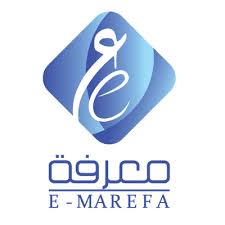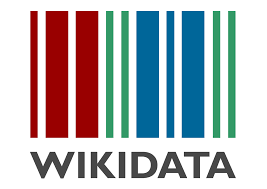Reconciliation Rulings and Their Role in Conflict Resolution
DOI:
https://doi.org/10.36602/faj.2016.n08.10Keywords:
Reconciliation (Sulh), Dispute resolution, Islamic Sharia, Secular law, Peaceful settlementAbstract
This research explores the rules of reconciliation (Sulh) and its impact on resolving disputes in both Islamic Sharia and secular law. It aims to clarify the organized methods for ending conflicts and bridging differences between disputing parties, whether through Islamic legal principles derived from the Qur’an and Sunnah, or through man-made legal systems. The study highlights that reconciliation differs from judicial rulings by offering a more flexible and consensual approach, based on mutual concessions. Sulh leads to satisfactory solutions for both parties, the termination of disputes, the affirmation of rights and ownership, and ensures that no party may alter the agreement without the other’s consent. The research emphasizes reconciliation as a peaceful and effective mechanism for conflict resolution.
Downloads
Published
How to Cite
Issue
Section
License
Copyright (c) 2016 أحمد علي معتوق

This work is licensed under a Creative Commons Attribution 4.0 International License.
All articles published from January 2025 onward are licensed under the Creative Commons Attribution 4.0 International License (CC BY 4.0), which permits use, sharing, adaptation, and redistribution for any purpose, including commercial ones, provided that proper credit is given to the original author and source, a link to the license is provided, and any changes made are indicated.













